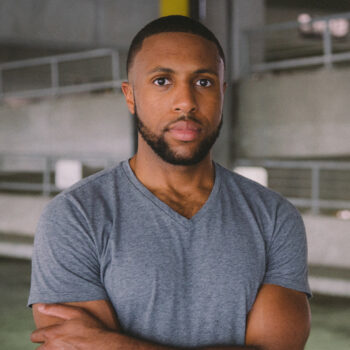
I’m not broadcasting my sexuality, just my freedom.
Boldness is something I don’t think I ever had a problem with. Thinking back to middle school I can remember myself taking and actively seeking leadership roles, completely unaware of the hot mess that was my pre-adolescence. I’d grown up seeing my mom lead teams at work in a way that can only be described as “boss.” She knew what needed to be done and always took charge of finding the right people to do it. I thought this was clearly the source of any leadership skills I’d developed. It wasn’t until later on that I realized it was more genetic than learned.
I remember one week my grandpa’s sisters came down to New Orleans — which was always a treat because there was sure to be plenty of good story time. Auntie Bebe sat at the kitchen counter, and we all gathered around and talked about her mom, Madea. “We were just sitting in the house one day looking for something to do,” she said as we waited to see where the story would lead, “and then this news report came on. They said some woman, down at the protest at Woolworth’s on Canal, was standing on top of a car just hollering. So we got up, and we said we just had to see what was going on!” She paused to laugh, caught her breath and said, “only to get down there and see it was Madea cutting up at this protest!”
Whether it was Madea, or my grandma’s sister, who actively fought against violence and drugs in her housing project on the Southside of Chicago, the truth was, I belonged to a long line of women who just didn’t take no shit. They frequently turned a blind eye to the gender norms of their time and did what women were encouraged not to do — speak their minds.

















JOIN THE CONVERSATION